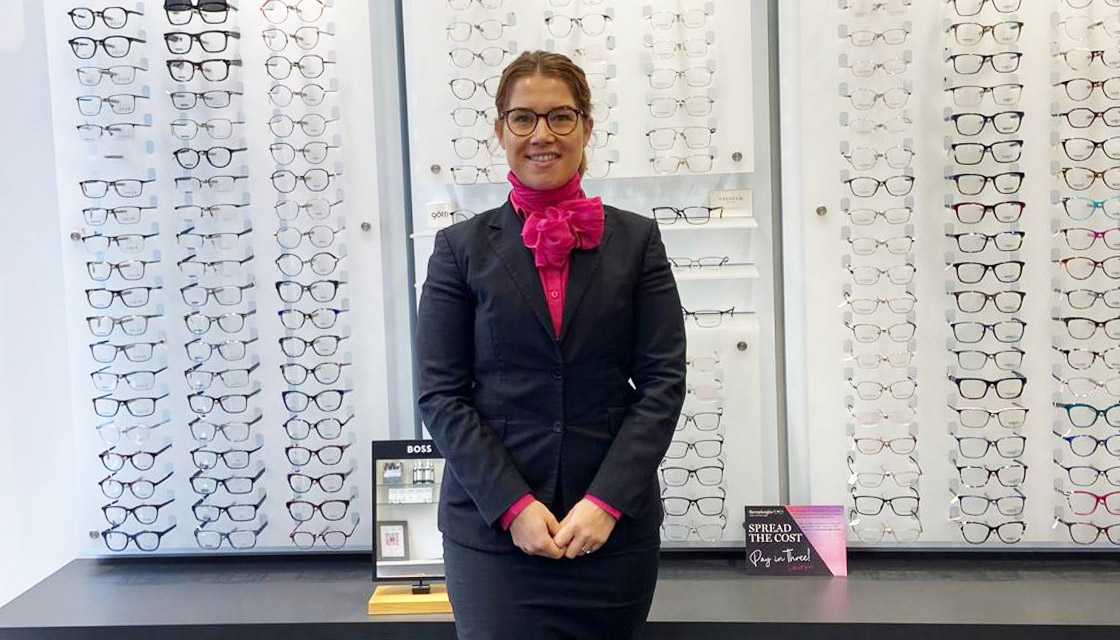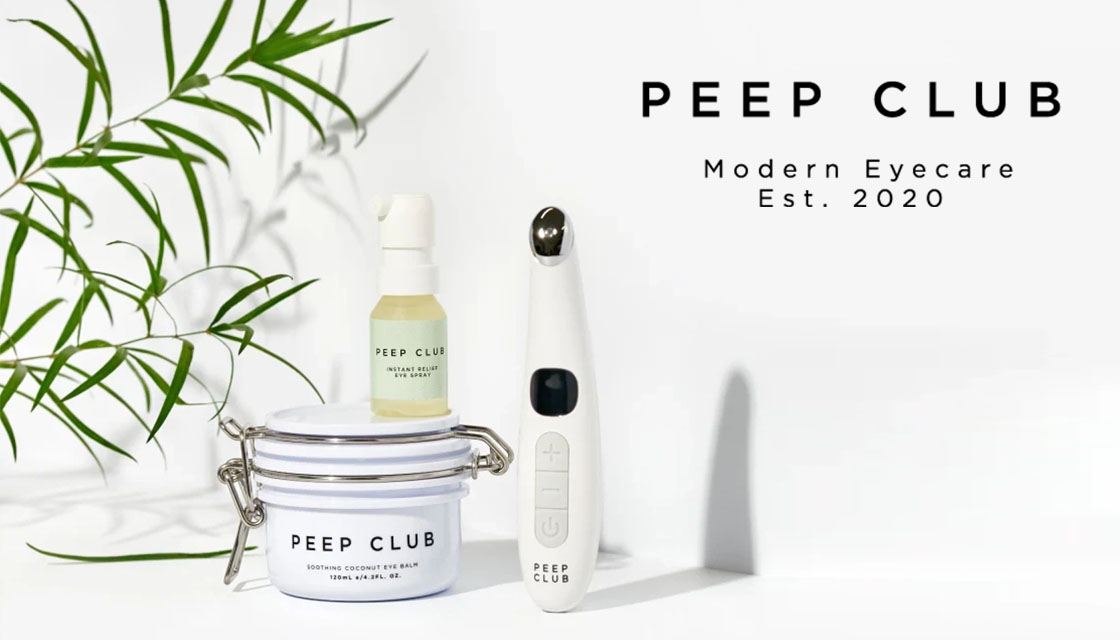How menopause impacts women's vision
The journey through menopause is a significant phase in a woman's life, marked by a range of physical and emotional changes. While many are familiar with the common symptoms like hot flushes, mood swings and night sweats, one aspect often overlooked is how menopause can affect your vision. As an independent family optician, and to mark World Menopause Day, we’re shedding light on this topic to help women prioritise their eye health during this transitional period.
Understanding Menopause
Menopause typically occurs between the ages of 45 and 55, although it can begin earlier or later for some women. It's defined as the cessation of menstrual cycles for 12 consecutive months, marking the end of a woman's reproductive years. The hormonal fluctuations that accompany menopause can lead to a wide array of symptoms, including changes in vision.
World Menopause Day18 October 2025

Night blindness (difficulty seeing in low light conditions) is also common in postmenopausal women - and more common than in men of the same age. Some women also become more sensitive to light during menopause. This can make it difficult to be in bright environments.























